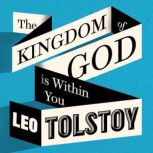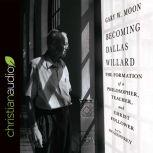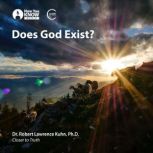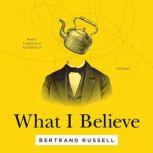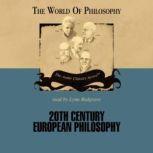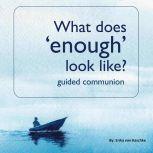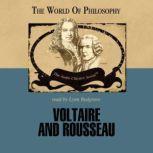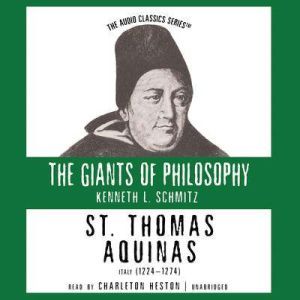
Details
St. Thomas Aquinas
Author: Kenneth L. Schmitz
Series: The Giants of Philosophy Series
Narrator: Charlton Heston
Unabridged: 2 hr 4 min
Format: Digital Audiobook
Publisher: Blackstone Audiobooks
Published: 03/05/2006
Genre: Philosophy - Religious
Synopsis
In the late 13th century, this quiet reflective Dominican scholar concentrated his work on philosophical concerns that today would be considered to be partly theological. He combined the work of Aristotle with Christian, Jewish, Muslim, and pagan thought to reconcile reason and faith; he believed we can know that God exists, but not what god is like. Thomas's masterpiece, the Summa Theologiae (Summa Theologica), contains over 10,000 objections and replies to fundamental questions about God and the world. It enumerates virtues and vices, and it includes Thomas's famous "five ways" to prove God's existence, which are (1) the unmoved mover, (2) the uncaused cause, (3) the necessary being, (4) the perfect Goodness, and (5) the guiding intelligence. Thomas believed that God is absolutely simple, perfect, good, infinite, omnipresent, changeless, eternal, and unique. God is "Pure Subsistent Act of Being," continuously communicating the possibility of existence to all worldly creatures and objects. For Thomas, intellectual knowledge is a sign of the spirituality that energizes the human center. He saw the Bible as a substitute for the wisdom of a lifetime's study and learning. All in all, Thomas concluded that mortal happiness (felicity) is uncertain, but immortal happiness (beatitude) is the ultimate end of life; beatitude is to pass beyond death to "see the face of God."
by Leo Tolstoy
Banned in Russia, Tolstoy's The Kingdom of God Is Within You was deemed a threat to church and state. The culmination of a lifetime's thought, it espouses a commitment to Jesus's message of turning the other cheek. In a bold and original treatise, T...
Published: 10/13/2022
by Gary W. Moon
Dallas Willard was a personal mentor and inspiration to hundreds of pastors, philosophers, and average churchgoers. His presence and ideas rippled through the lives of many prominent leaders and authors, such as John Ortberg, Richard Foster, James B...
Published: 03/27/2018
by Robert L. Kuhn
Does God exist? How do you justify your belief or unbelief to others? A delicate matter, you rarely have the occasion to fully explore these questions in daily life. Now, this special series invites you to join some of the world’s leading thin...
Published: 03/22/2019
by Bertrand Russell
Remarkably relevant, beautifully written, and filled with wit and wisdom, these three essays by Bertrand Russell allow the listener to test the concepts of the good life, morality, the existence of God, Christianity, and human nature. "What I Believ...
Published: 01/01/1995
by Professor Ed Casey
Twentiethcentury European philosophy has grown out of two movements: existentialism (emphasizing the everyday turmoil of living) and phenomenology (seeking the essential, indispensable core of things grasped by pure consciousness). These movements h...
Published: 04/14/2006
by Peter Walker
When we enter through the Gate of Jesus – by repentance and faith - we enter into his eternal kingdom. In that moment, we become citizens of heaven. Yes, we still find ourselves here on earth, but everything has changed. Earth is no longer our...
Published: 05/05/2022
by Paul Strathern
Kierkegaard wasnt really a philosopher in the academic sense. Yet he produced what many people expect of philosophy. He didnt write about the world, he wrote about life, about how we live and how we choose to live. His subject was the individual and...
Published: 06/25/2005
by Erika von Kaschke
In a world shaken up by COVID-19, our eyes have refocused on the things that matter most. Many have started searching for God, trying to piece together the puzzle of life and to find secure footing.There are many opinions to be found, but as you rea...
Published: 02/08/2021
by Professor Charles Sherover
Voltaire and Rousseau offered opposing viewpoints on the major intellectual movement of their time: the Enlightenment. Like most Enlightenment thinkers, Voltaire repudiated tradition and history, embracing reform based on individualism and intellect...
Published: 04/09/2006

